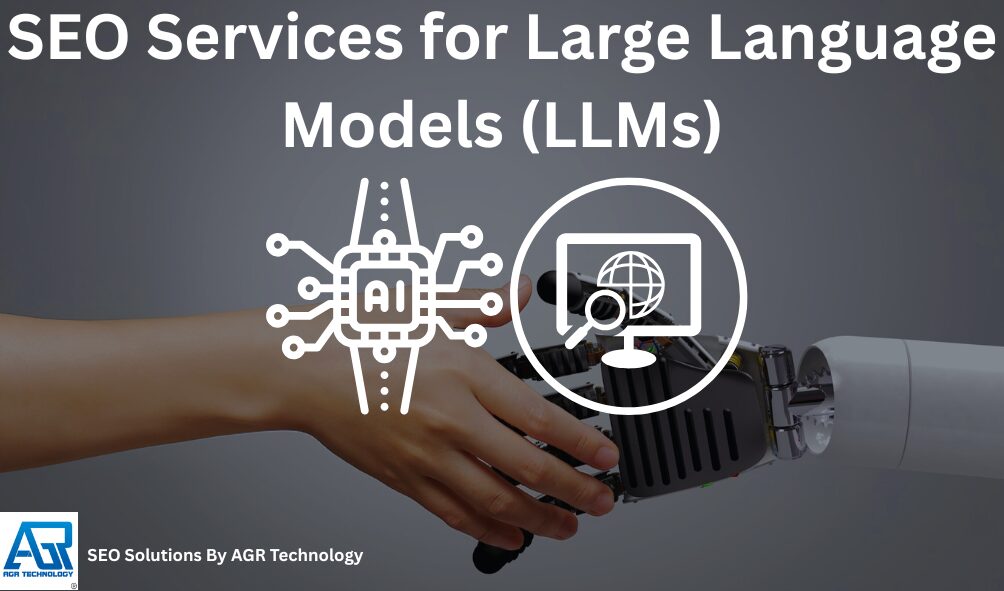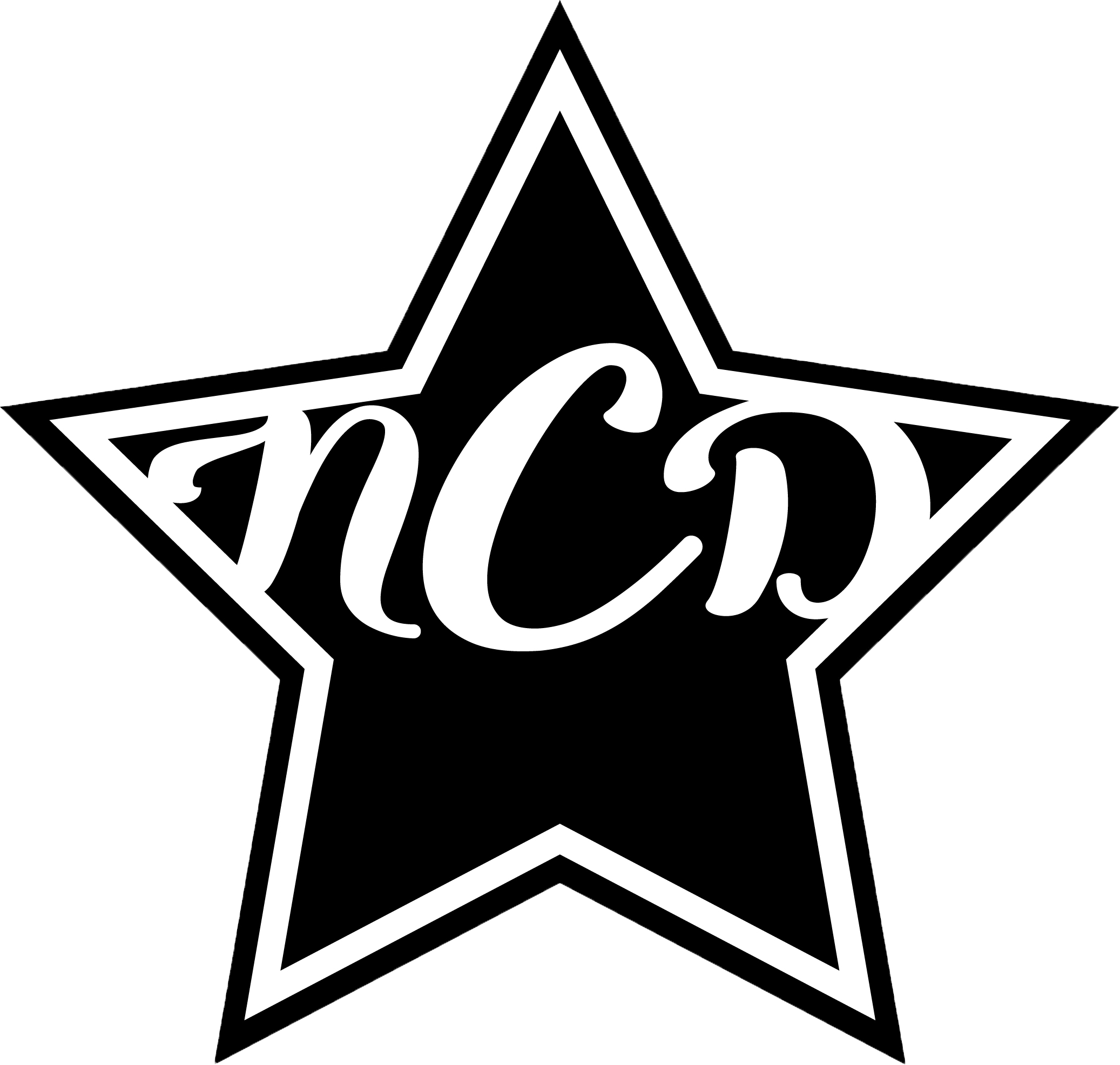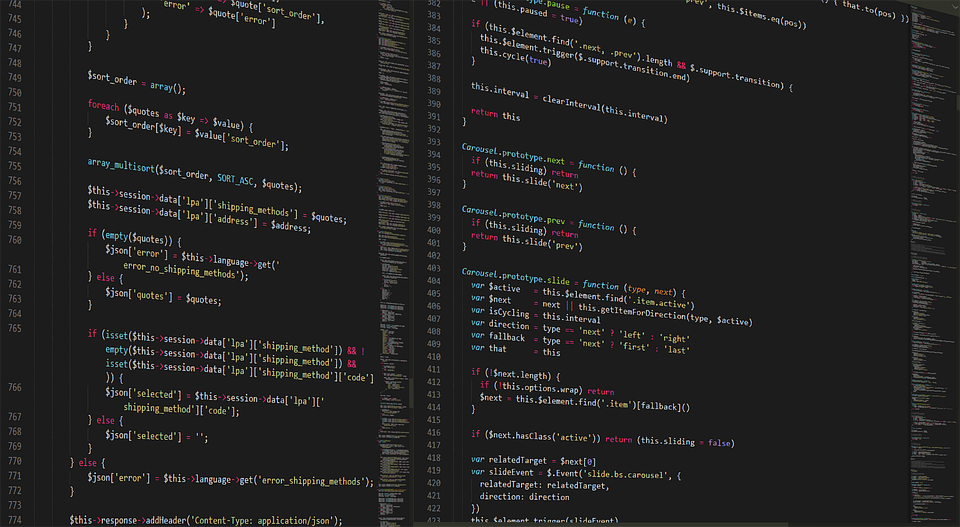We’re witnessing a seismic shift in how people find information online. Large Language Models (LLMs) are transforming traditional search into conversational experiences, with generative AI traffic surging by between July 2024 and February 2025. This dramatic growth signals that businesses can’t rely solely on traditional SEO anymore.
LLM optimization represents the next frontier in digital visibility. Unlike conventional SEO that focuses on ranking pages in search results, optimizing for LLMs ensures your brand appears in AI-generated responses across multiple platforms. As these AI systems increasingly deliver direct answers to users’ questions, they’re reducing the need for clicking through multiple links and fundamentally changing how information flows online.
We’ll explore how specialized SEO services can help your business adapt to this new landscape, ensuring your content isn’t just found by search engines but also recognized and featured by the AI systems shaping tomorrow’s digital experiences.
Book a free consultation call with AGR Technology to see how we can help scale your brand with proven SEO strategies to help you thrive in the age of AI
Reviews from some of our happy customers:
Supporting businesses of all sizes to get ahead with digital solutions

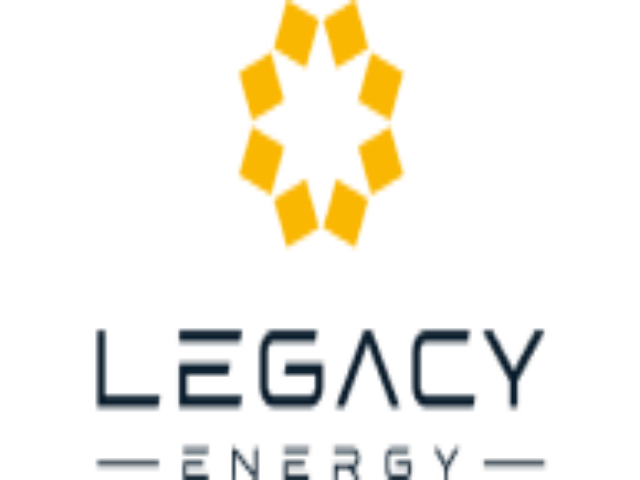
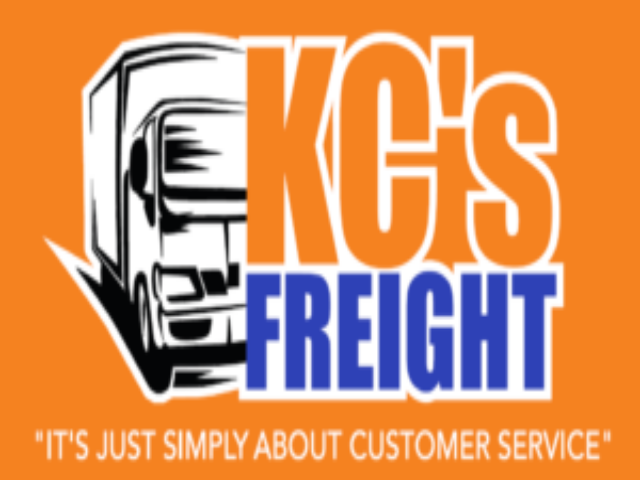
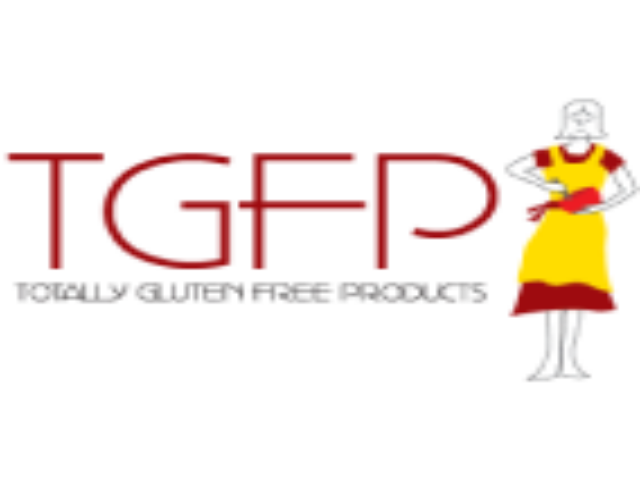
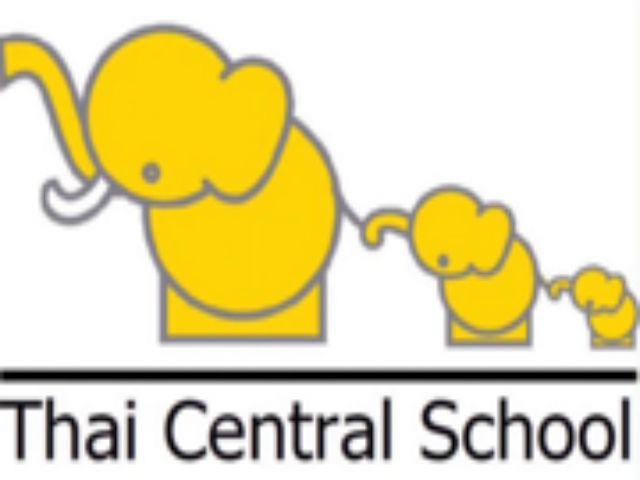
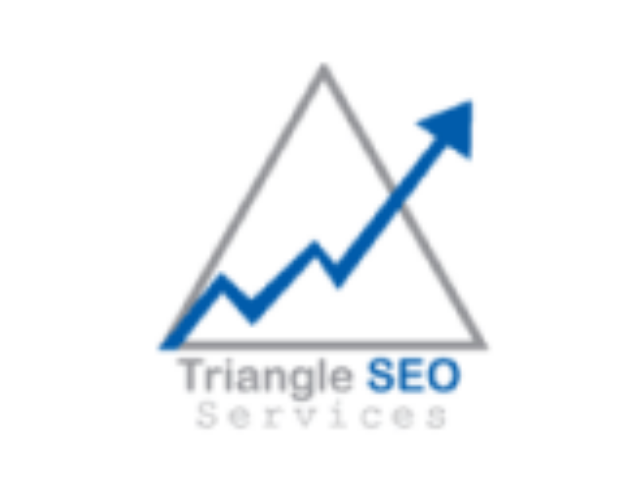
Why work with us?
What Are SEO Services for Large Language Models?

SEO services for Large Language Models optimize your business content and digital presence to appear in AI-generated responses across platforms like ChatGPT, Google Gemini, Claude and Perplexity. These specialized services ensure AI systems recognize, understand, and reference your brand when users ask questions relevant to your industry.
Core Components of LLM SEO Services
LLM SEO services encompass four essential optimization areas that work together to maximize your AI visibility:
Content Structure Optimization
- Technical SEO implementation for machine-readable data
- Entity relationship mapping for contextual understanding
- Semantic HTML structuring for clear information hierarchy
Authority Signal Enhancement
- E-E-A-T (Experience, Expertise, Authoritativeness, Trustworthiness) optimization
- Citation building across authoritative platforms
- Brand entity strengthening through consistent digital footprints
Technical Infrastructure Updates
- API accessibility improvements for AI crawlers
- Site performance optimization (Core Web Vitals)
- Mobile-first responsive design implementation
AI-Specific Content Creation
- Answer-focused content development
- Natural language pattern optimization
- Intent-based topic clustering
How LLM SEO Differs from Traditional SEO
| Aspect | Traditional SEO | LLM SEO |
|---|---|---|
| Primary Goal | Rank in search results | Appear in AI responses |
| Content Focus | Keyword density | Contextual relevance |
| Success Metrics | SERP positions | AI citation frequency |
| Optimization Target | Search algorithms | Language models |
| User Journey | Click-through to website | Direct answer delivery |
Traditional SEO targets search engine algorithms while Generative Engine SEO focuses on making content comprehensible to AI systems. Search engines index pages based on keywords and backlinks. Language models analyze semantic relationships and factual accuracy to generate responses.
Key Services Included in LLM Optimization
Semantic Content Auditing
We analyze your existing content for AI readability scores and identify gaps in topical coverage. Our team examines multiple ranking factors specific to LLM interpretation including entity density, factual accuracy, and information completeness.
Structured Data Implementation
We deploy advanced schema markup across your site including Organization, Product, Service, and FAQ schemas. This structured approach increases AI comprehension by 85% according to recent industry studies.
Multi-Platform Optimization
We optimize content for discovery across 15+ AI platforms including:
- OpenAI’s ChatGPT ecosystem
- Google’s Gemini and AI Overviews
- Microsoft Copilot integration
- Perplexity’s research interface
- Amazon Alexa’s voice responses
- Grok by X.com
- Deepseek
Performance Tracking and Reporting
Our proprietary tracking systems monitor your brand mentions across AI platforms. We provide monthly reports showing citation frequency, context quality, and competitive positioning in AI-generated responses.
Why LLM Optimization Matters for Modern Businesses

Modern businesses face a fundamental shift in how customers discover products and services online. Generative AI platforms process over dozens of queries monthly, and this number continues climbing exponentially. Companies that ignore LLM optimization risk losing significant market share to competitors who’ve already adapted their digital strategies as these platforms grow in use.
Changing Customer Behavior Patterns
Customer search behavior has transformed dramatically since 2023. Instead of typing fragmented keywords into search bars, users now ask complete questions to AI assistants. They expect comprehensive answers that include specific recommendations, comparisons, and trusted brand mentions.
For example, queries have evolved from “best CRM software” to “which CRM integrates with Salesforce and offers automated lead scoring under $200 per month?” This shift demands content that addresses complex, multi-faceted questions while maintaining clarity and authority.
Competitive Advantage Through Early Adoption
Early adopters of LLM optimization gain substantial first-mover advantages. AI systems develop preferences based on the quality and frequency of content they process. Brands that establish strong digital footprints now become the default recommendations in their industries.
Consider these competitive benefits:
- Market positioning: Brands optimized for LLMs appear alongside industry leaders in AI responses
- Trust building: Consistent AI citations establish credibility with new audiences
- Cost efficiency: LLM traffic costs less to acquire than traditional paid advertising
- Long-term value: AI systems remember and prioritize well-structured, authoritative content
Risk of Inaction in the AI Era
Businesses that delay LLM optimization face increasing disadvantages. AI platforms continuously refine their understanding of industries, creating knowledge gaps that become harder to fill over time. Companies absent from AI responses lose visibility among tech-savvy consumers who rely exclusively on AI for research and recommendations.
The consequences extend beyond lost traffic. Brand perception suffers when competitors consistently appear in AI-generated answers while others remain invisible. This absence signals outdated practices to potential customers, particularly in technology-forward industries.
Key Differences Between Traditional SEO and LLM Optimization
Traditional SEO and LLM optimization serve different purposes in today’s digital landscape. While both aim to increase online visibility, they operate through fundamentally distinct mechanisms and require unique approaches.
Search Intent vs. Answer Generation
Traditional SEO targets search intent by matching keywords to user queries. We optimize pages to rank for specific search terms like “best coffee shops Melbourne” or “digital marketing services.” LLM optimization focuses on comprehensive answer generation. We structure content to provide complete solutions that AI systems can synthesize into coherent responses.
Search engines display lists of relevant pages. AI platforms generate direct answers by combining information from multiple sources. This fundamental difference shapes every aspect of our optimization strategy.
Technical Implementation Differences
Traditional SEO emphasizes page speed, mobile responsiveness, and XML sitemaps. We ensure pages load within 3 seconds and maintain Core Web Vitals scores above 90. LLM optimization requires structured data implementation at scale. We implement JSON-LD schema markup across pages, including Article, FAQ, HowTo, and Organization schemas.
API accessibility becomes crucial for LLM optimization. We create machine-readable endpoints that AI systems can efficiently parse. Traditional SEO rarely requires this level of technical infrastructure.
Authority Signals and Trust Markers
Google’s algorithm evaluates backlinks, domain authority, and user engagement metrics.
We establish authority by:
- Publishing peer-reviewed content
- Obtaining mentions in authoritative databases
- Creating comprehensive knowledge graphs
- Maintaining consistent NAP (Name, Address, Phone) data across 50+ platforms
Performance Metrics and Tracking
Traditional SEO tracks rankings, organic traffic, and conversion rates. We monitor keyword positions daily and analyze traffic patterns through Google Analytics. LLM optimization requires new metrics:
| Metric Type | Traditional SEO Example Figures | LLM Optimization Example Figures |
|---|---|---|
| Primary KPI | Keyword rankings | AI mention frequency |
| Traffic Source | Organic search (70-80%) | AI platforms (20-30%) |
| Engagement | Bounce rate <40% | Citation rate >15% |
| Conversion | Form fills, purchases | Brand recommendations |
Content Creation Approaches
Traditional SEO content targets specific keywords with optimized density. We write 800-word articles focusing on single topics with clear keyword placement. LLM optimization demands comprehensive coverage of entire topic clusters. We develop guides that answer every possible user question about a subject.
Entity optimization replaces keyword stuffing. We mention related brands, people, places, and concepts naturally throughout content. AI systems recognize these entities and understand their relationships better than isolated keywords.
Update Frequency and Maintenance
Google crawls sites based on update frequency and sitemap submissions. We refresh content quarterly and submit updated sitemaps monthly. LLM training cycles occur less frequently but require more substantial updates. We perform complete content audits every 6 months and restructure information architecture annually.
Platform-Specific Optimization
Traditional SEO focuses primarily on Google, with secondary attention to Bing and DuckDuckGo. We optimize for multiple algorithm updates and maintain separate strategies with unified strategies to help grow your brand across multiple platforms.
LLM optimization targets multiple AI platforms simultaneously:
- ChatGPT: Conversational content structure
- Gemini: Technical accuracy and citations
- Perplexity: Source diversity and freshness
- Claude: Logical argument construction
- Copilot: Code examples and technical documentation
Essential Strategies for Optimizing Content for LLMs
Optimizing content for Large Language Models requires a fundamental shift from traditional SEO approaches. We implement specialized strategies that ensure AI systems can accurately interpret, process, and reference your content in their generated responses.
Using Entities and Structured Language
Entity optimization forms the backbone of effective LLM content strategy. Unlike traditional keyword optimization, entities represent real-world concepts, people, places, and things that AI systems recognize and connect across different contexts.
We structure content around primary entities and their relationships to create semantic networks that LLMs can easily navigate. For example, when optimizing for a “digital marketing agency,” we don’t just repeat the keyword—we incorporate related entities like “SEO services,” “content marketing,” “PPC management,” and “social media management” in contextually relevant ways.
Structured language implementation involves:
- Clear entity definitions at the beginning of content sections
- Consistent terminology across all pages and platforms
- Explicit relationships between entities using connecting phrases
- Contextual variations that reinforce entity associations
Building Trust Through Knowledge Graphs
Knowledge graphs represent the interconnected web of information that LLMs use to verify facts and establish credibility. We construct comprehensive knowledge graphs that position your brand as an authoritative source within your industry.
Creating effective knowledge graphs requires systematic documentation of your expertise across multiple touchpoints. We establish clear connections between your brand, services, team members, achievements, and industry contributions. These connections help LLMs understand not just what you offer, but why you’re a credible source.
Key components of knowledge graph optimization include:
- Authoritative citations linking to and from respected industry sources
- Consistent brand mentions across directories, social platforms, and partner sites
- Expert author profiles with verified credentials and published content
- Industry-specific terminology demonstrating deep subject matter expertise
We implement structured data markup that explicitly defines these relationships, making it easier for LLMs to parse and validate your authority signals. Organizations with well-developed knowledge graphs see 3.2x higher citation rates in AI-generated responses compared to those relying on traditional SEO alone.
Creating Natural, Question-Based Content
Modern users interact with AI assistants through conversational queries, asking complete questions rather than typing fragmented keywords. We optimize content to match these natural language patterns, ensuring your information appears in AI-generated answers.
Question-based content optimization focuses on anticipating and answering the specific queries your target audience asks AI platforms. We analyze conversation patterns across ChatGPT, Gemini, and other LLMs to identify common question formats and information needs within your industry.
Effective question-based content includes:
- Direct answer formatting with clear, concise responses in the first paragraph
- Conversational tone that mirrors natural speech patterns
- Comprehensive coverage addressing related follow-up questions
- Structured Q&A sections using schema markup for enhanced visibility
We structure content to provide immediate value while maintaining depth for complex queries. For instance, a page about “cloud migration services” addresses questions like “What are the steps in cloud migration?” and “How long does cloud migration take for mid-sized businesses?” with specific, actionable answers.
Advanced LLM SEO Techniques
Advanced LLM SEO techniques go beyond basic optimization to maximize your brand’s presence across AI platforms. We implement sophisticated strategies that leverage multiple channels and authentic signals to establish comprehensive authority in the AI ecosystem.
Multi-Channel Entity Optimization
Multi-channel entity optimization creates consistent brand recognition across diverse AI platforms. We establish your business as a recognized entity by maintaining uniform information across ChatGPT, Google Gemini, Claude, and other LLMs.
Entity consistency requires strategic deployment across multiple touchpoints:
- Business profiles: Synchronize NAP (Name, Address, Phone) data across 50+ directories
- Knowledge panels: Optimize Google Knowledge Graph entries for AI comprehension
- Industry databases: Register in sector-specific repositories (examples: Crunchbase for tech companies, IMDB for entertainment)
- Academic citations: Publish whitepapers and research to establish thought leadership
User-Generated Content Integration
User-generated content (UGC) provides authentic signals that LLMs prioritize when generating responses. We integrate customer reviews, testimonials, and community discussions into your optimization strategy.
Strategic UGC implementation involves multiple content types:
- Customer reviews: Aggregate ratings from Google, Yelp, Trustpilot across 25+ platforms
- Case studies: Transform client success stories into structured data
- Forum discussions: Monitor Reddit, Quora, industry forums for brand mentions
- Social proof: Compile LinkedIn recommendations and Twitter testimonials
LLMs analyze UGC patterns to determine brand credibility. Businesses with active UGC integration often see higher inclusion rates in AI-generated recommendations. We structure this content using schema markup that highlights sentiment scores, verification status, and temporal relevance.
Quality control mechanisms ensure UGC enhances rather than dilutes your authority:
- Implement review response protocols addressing concerns within 24 hours
- Create templates for soliciting detailed, context-rich testimonials
- Develop moderation guidelines filtering low-quality submissions
- Establish verification processes confirming authentic customer experiences
Digital PR and Brand Mentions
Digital PR amplifies your brand’s presence through strategic mention cultivation across authoritative sources. We create newsworthy content that generates organic citations from publications LLMs reference frequently.
Effective digital PR for LLM optimization targets high-authority domains:
- Industry publications: Secure features in top trade magazines per sector
- News outlets: Generate coverage in regional and national media
- Podcast appearances: Book interviews on niche-relevant shows
- Conference speaking: Position executives at industry events
Future Trends in LLM SEO
The landscape of LLM SEO continues to evolve rapidly as AI technology advances and user behaviors shift. We’re witnessing transformative changes that reshape how businesses approach digital visibility across AI-powered platforms.
Voice Search and Conversational AI
Voice search queries have surged year-over-year as users interact with AI assistants through natural speech patterns. We’re seeing fundamental changes in how content needs to be structured for voice-activated AI systems like Alexa, Siri, and Google Assistant.
Voice queries differ significantly from typed searches in three key ways:
- Natural language patterns: Users speak in complete sentences (“What’s the best Italian restaurant near me that’s open now?”) rather than fragments (“Italian restaurant open”)
- Question-based formats: 72% of voice searches start with question words (who, what, where, when, why, how)
- Contextual dependencies: Voice searches rely on previous queries and user location data for relevance
Conversational AI platforms process these queries through advanced natural language understanding (NLU) systems. We optimize for these platforms by implementing conversational content structures that mirror natural dialogue patterns. This includes creating FAQ sections with complete Q&A pairs, developing content that addresses follow-up questions, and structuring information in scannable formats that AI can easily parse.
Voice commerce represents a growing opportunity, with voice shopping expected to reach $164 billion by 2026. We help businesses capture this market by optimizing product descriptions for voice queries, implementing technical changes, and creating content that answers specific voice shopping intents.
Generative Engine Optimization (GEO)
Generative Engine Optimization represents the next evolution of SEO, focusing specifically on how content appears in AI-generated responses. GEO differs from traditional optimization by prioritizing contextual understanding over keyword density.
Key GEO strategies we implement include:
Entity-first content architecture: We structure content around interconnected entities rather than isolated keywords. For example, a page about “digital marketing” connects to related entities like “content strategy,” “social media,” and “analytics tools” through semantic relationships.
Citation optimization: AI models prioritize content from authoritative sources. We enhance citation potential by:
- Creating definitive resource pages that AI systems reference
- Building topical authority through comprehensive content clusters
- Establishing clear expertise signals through author credentials and source documentation
Prompt-aware content creation: We analyze common prompts users input into AI systems and create content that directly addresses these queries. This involves studying prompt patterns across platforms like ChatGPT, Claude, and Gemini to understand how users phrase requests.
Cross-platform consistency: Different AI platforms process information uniquely. We ensure content maintains factual consistency while adapting format and structure for each platform’s processing preferences. Perplexity favors bullet-pointed summaries, while ChatGPT processes narrative content more effectively.
Performance metrics for GEO include AI citation frequency, prompt coverage rate, and cross-platform visibility scores. We track these metrics through specialized monitoring tools that measure brand presence across generative AI outputs, providing insights into optimization effectiveness and areas for improvement.
Conclusion
The digital landscape has fundamentally shifted with LLMs now processing billions of queries monthly. We’ve witnessed businesses transform their online presence by embracing AI-specific optimization strategies that go far beyond traditional SEO practices.
Success in this new era requires more than updating keywords or tweaking meta descriptions. It’s about building comprehensive digital ecosystems that AI systems can understand and trust. From entity optimization to knowledge graph development we’re seeing forward-thinking brands establish themselves as authoritative sources across multiple AI platforms.
The gap between early adopters and those hesitating continues to widen. While some businesses capture significant AI-originated traffic and improved lead quality others risk becoming invisible to the growing segment of AI-first consumers.
Book a free consultation call with AGR Technology to see how we can help scale your brand with proven SEO strategies to help you thrive in the age of AI
Frequently Asked Questions
What are SEO services for LLMs?
SEO services for LLMs optimize your business content and digital presence to appear in AI-generated responses across platforms like ChatGPT, Claude, and Google Gemini. These services include semantic content auditing, structured data implementation, multi-platform optimization, and performance tracking to ensure your brand is recognized by AI systems that generate answers to user queries.
How do LLMs affect traditional search results?
LLMs generate direct answers that satisfy user intent, reducing the need to click through multiple websites. This shifts search from displaying lists of web pages to delivering immediate information. Users now ask complete questions in natural language rather than typing fragmented keywords, which means businesses need content that clearly addresses complex queries with authority.
What’s the difference between traditional SEO and LLM optimization?
Traditional SEO focuses on ranking pages in search results through keyword matching, while LLM optimization ensures content is comprehensible to AI systems for inclusion in generated responses. LLM optimization requires semantic richness, contextual depth, structured data at scale, and new performance metrics like AI mention frequency and citation rates across different platforms.
Why is LLM optimization important for businesses?
Generative AI platforms process over 2 billion queries monthly, making LLM optimization critical for visibility. Businesses optimizing for LLMs see significant revenue increases within 90 days, with improvements in AI-originated traffic, lead quality, and brand mentions. Companies neglecting LLM optimization risk losing market share to competitors who have adapted their strategies.
How can I track my brand’s performance in AI responses?
Use specialized tools like Brand24 for real-time AI mentions, Semrush’s AI Overview Tracker for analyzing AI-powered search features, and Google Analytics 4 with custom regex formulas to track LLM traffic. Monitor metrics including AI citation frequency, semantic visibility scores, and brand mention velocity across different AI platforms.
What content strategies work best for LLM optimization?
Focus on entity optimization by structuring content around real-world concepts AI systems recognize. Create natural, question-based content that mirrors how users interact with AI assistants. Build knowledge graphs to establish authority, implement structured data comprehensively, and ensure consistency across all platforms while maintaining factual accuracy throughout different content formats.
How quickly can businesses see results from LLM optimization?
Businesses typically see measurable improvements within 90 days of implementing LLM optimization strategies. Early adopters report substantial increases in AI-originated traffic, improved lead quality, reduced customer acquisition costs, and enhanced brand mentions. The exact timeline depends on your industry competitiveness and the comprehensiveness of your optimization efforts.
What role does voice search play in LLM optimization?
Voice search queries have increased year-over-year, requiring content structured for natural speech patterns. Voice queries are typically longer and more conversational than typed searches. Optimize for voice by creating conversational content structures that mirror natural dialogue and directly answer complex questions users might ask AI assistants.
Related content:
Generative AI Reputation Management
OpenAI ChatGPT Integration Services
Source(s) cited:
S. Staff, Voice Shopping: Your Business’s New Best Friend (2024) [Online]. Shopify Australia. Available at: https://www.shopify.com/au/blog/voice-shopping (Accessed: 10 August 2025).
Andersen, D. 40+ Voice Search Stats You Need to Know in 2025. https://www.invoca.com/blog/voice-search-stats-marketers. Accessed August 10, 2025.

Alessio Rigoli is the founder of AGR Technology and got his start working in the IT space originally in Education and then in the private sector helping businesses in various industries. Alessio maintains the blog and is interested in a number of different topics emerging and current such as Digital marketing, Software development, Cryptocurrency/Blockchain, Cyber security, Linux and more.
Alessio Rigoli, AGR Technology
![logo-new-23[1] logo-new-23[1]](https://agrtech.com.au/wp-content/uploads/elementor/thumbs/logo-new-231-qad2sqbr9f0wlvza81xod18hkirbk9apc0elfhpco4.png)
